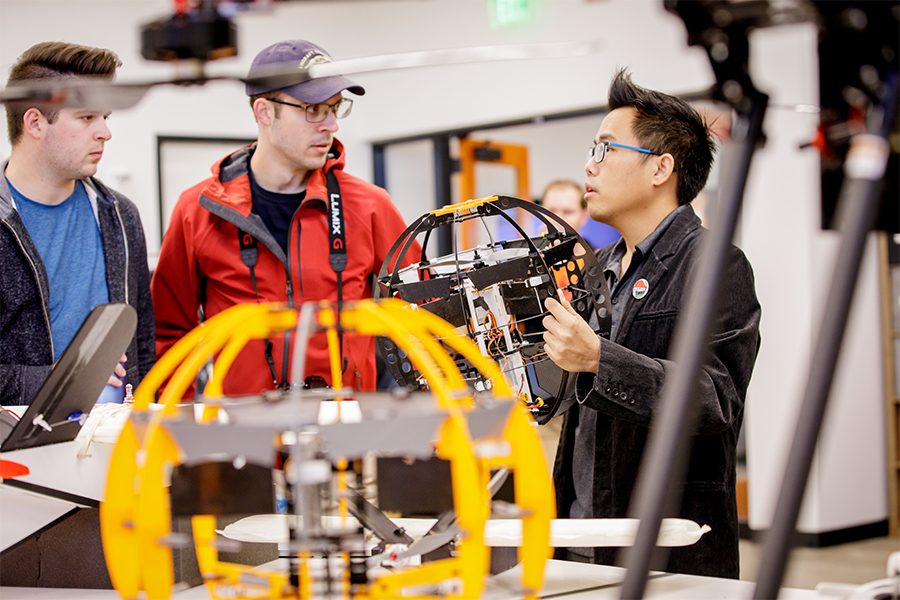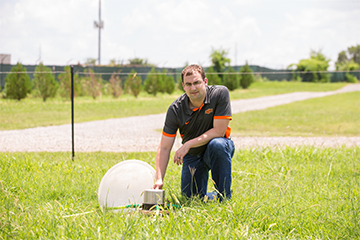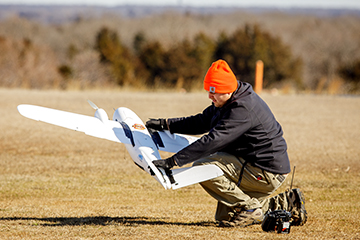Mechanical and Aerospace Engineering, MS

Master's in Mechanical and Aerospace Engineering
From research to real-world applications, mechanical and aerospace engineers constantly
discover how to improve our lives by creating bold new solutions that connect science
to life in unexpected, forward thinking ways. Mechanical and Aerospace engineering
students at OSU have a variety of opportunities to challenge themselves, experience
great things and be nationally recognized by their accomplishments.

